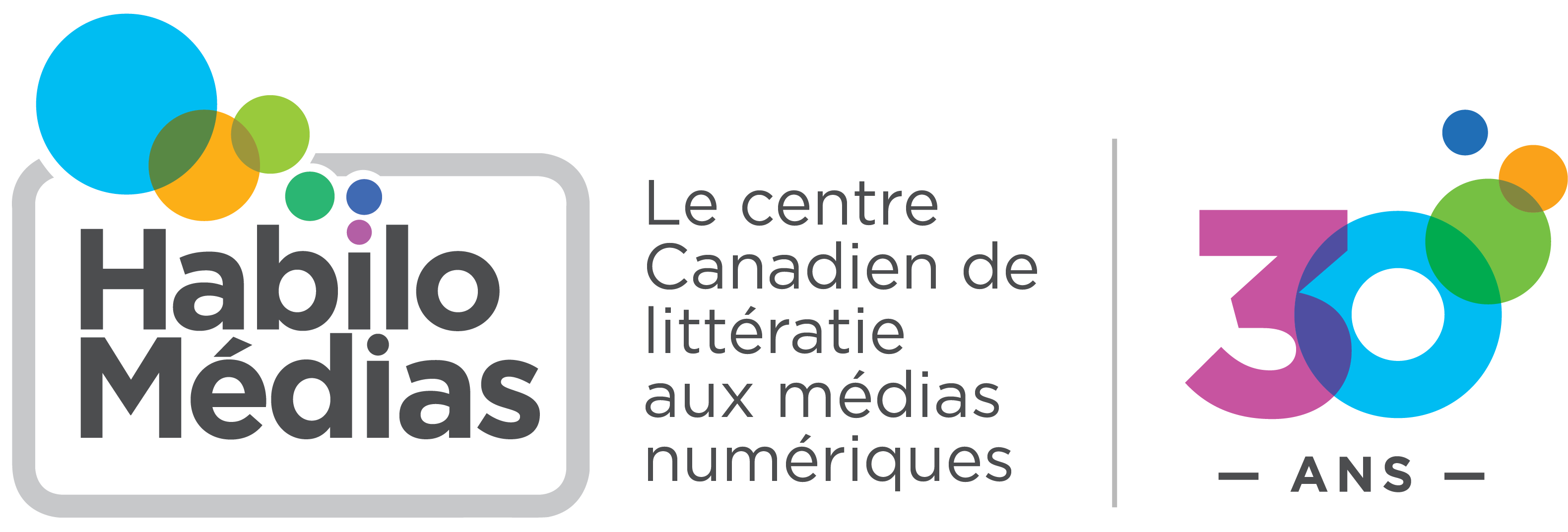Outcome Chart - Ontario - Designing Your Future 11 Open GWL3O
Personal Knowledge and Management Skills
Overall Expectations:
By the end of this course, students will:
- analyse their personal characteristics, strengths, interests, skills, and competencies to determine career-related goals;
- maintain a portfolio for use in career planning that provides up-to-date evidence of knowledge, skills, interests, and experience;
- demonstrate an understanding of the personal-management skills, habits, and characteristics that could contribute to success in their selected postsecondary destinations and independent adult life.
Specific Expectations:
Portfolio Development
By the end of this course, students will:
- explain the benefits of the portfolio process as a strategy for directing the management of their own learning;
- describe the purpose and content of both comprehensive portfolios and portfolios targeted for specific purposes (e.g., for specific jobs, interviews, scholarships, program admissions, community-based leadership opportunities)
- explain their choices of specific portfolio items as evidence of selected knowledge, skills, and personal accomplishments
Personal Management
By the end of this course, students will:
- identify and describe the personal-management skills (e.g., organizational skills, problem solving, scheduling tasks),habits (e.g., meeting timelines), and characteristics (e.g., showing initiative, adapt-ability) that could contribute to success in their postsecondary learning, work, or community life, and explain their importance;
- explain the internal and external influences (e.g., parental expectations, peer pressure, financial situation) that can affect their career-related decision making
- demonstrate the use of time- and priority-management strategies to help achieve a healthy lifestyle that balances school, family, work, and leisure activities;
- identify effective risk-, stress-, and anger-management strategies and use them appropriately in school and/or community-based activities
MediaSmarts Resources
- Advertising and Male Violence
- Challenging Hate Online
- Cyberbullying and the Law
- Dealing with Digital Stress
- First, Do No Harm: Being an Active Witness to Cyberbullying
- Free Speech and the Internet
- Hoax? Scholarly Research? Personal Opinion? You Decide!
- Kellogg Special K Ads
- Miscast and Seldom Seen
- Online Cultures and Values
- Online Gambling and Youth
- Online Propaganda and the Proliferation of Hate
- Online Relationships: Respect and Consent
- Privacy Rights of Children and Teens
- Reality Check: Authentication and Citizenship
- Relationships and Sexuality in the Media
- Sex in Advertising
- Suffragettes and Iron Ladies
- The Blockbuster Movie
- The Pornography Debate: Controversy in Advertising
- The Privacy Dilemma: Lesson Plan for Senior Classrooms
- There's No Excuse: Confronting Moral Disengagement in Sexting
- Transgender Representation in TV and Movies
- Who's Telling My Story?
Interpersonal Knowledge and Skills
Overall Expectations:
By the end of this course, students will:
- demonstrate interpersonal and teamwork skills required for success in their school, work, and community activities;
- demonstrate an understanding of the elements of group dynamics in a variety of settings;
- explain ways in which they can make a contribution to their communities and ways in which the community can assist them with career planning
Specific Expectations:
Group Dynamics
By the end of this course, students will:
- demonstrate respectful and responsible behaviours (e.g., respect for levels of authority, respect for diversity, responsibility for one’s actions) in groups at school and in community-based learning activities;
- explain how diversity (e.g., cultural, eco-nomic, gender, intellectual) among members in a group may affect group dynamics in a positive way (e.g., by providing broader perspectives, a wider range of ideas, more varied strengths);
- explain how conflict-resolution strategies (e.g., mediation, negotiation) can be used to reach mutually agreeable solutions in work-related situations;
- describe the skills necessary to act as an advocate for themselves or others in various situations involving prejudice, bullying, or discrimination
MediaSmarts Resources
- Advertising and Male Violence
- Art Exchange
- Bias in News Sources
- Challenging Hate Online
- Cyberbullying and the Law
- Dealing with Digital Stress
- Digital Outreach for Civic Engagement
- Digital Skills for Democracy: Assessing online information to make civic choices
- Diversity and Media Ownership
- First, Do No Harm: Being an Active Witness to Cyberbullying
- Free Speech and the Internet
- Introduction to Online Civic Engagement
- Making Media for Democratic Citizenship
- Miscast and Seldom Seen
- Online Cultures and Values
- Online Gambling and Youth
- Online Propaganda and the Proliferation of Hate
- Online Relationships: Respect and Consent
- Privacy Rights of Children and Teens
- Relationships and Sexuality in the Media
- Remixing Media
- Sex in Advertising
- Suffragettes and Iron Ladies
- The Blockbuster Movie
- The Citizen Reporter
- The Front Page
- The Pornography Debate: Controversy in Advertising
- There's No Excuse: Confronting Moral Disengagement in Sexting
- Transgender Representation in TV and Movies
- Violence on Television
Preparation for Transitions and Change
Overall Expectations:
By the end of this course, students will:
- demonstrate an understanding of the transition process and the strategies used to facilitate change
Specific Expectations:
Managing Change
By the end of this course, students will:
- describe the practical and psychological challenges (e.g., increased independence, greater responsibilities) that are part of secondary school graduates’ transitions to new roles and environments (e.g., work, postsecondary education/training, independent adult life)
